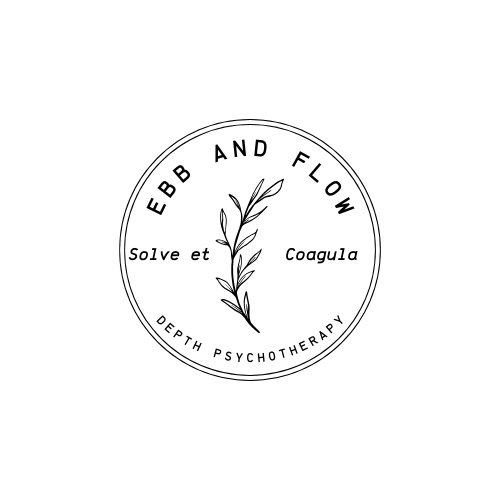Towards a Peaceful Resolution: Response to Overturning of Roe v. Wade
Michael Ebbinghaus • June 24, 2022
We Need All of Us to Heal
The overturning of a Supreme Court decision that has provided federal protection for women and couples seeking informed choices about family life and the beings they wish to bring into this world is one that hits all of us heavily.
I had heard previously that there were some shortcomings with the methodology and arguments of Roe v. Wade, so I can only hope that this makes way for sturdier protection.
The decision to terminate a pregnancy is complex and varies from individual-to-individual, couple-to-couple. It is not a decision I would wish on myself or anyone, but the reality remains. There is much evidence to support that society benefits when a supportive container is in place to receive the incoming human life, and that it is incredibly detrimental when that container is toxic or nonexistent. When the individuals from the latter situation grow up, the same people that so fiercely advocated for them as fetuses will place their misfortune, traumatized experience, and maladaptive patterns entirely on their heads, denying any involvement because, after all, according to the Newtonian-Cartesian paradigm, we are all separate and totally sovereign unto ourselves (despite enormous evidence to the contrary).
I predict there will be protests and demonstrations that will amount to little. The well-meaning and the furious will take pause from their normal lives to advocate, but sooner or later we will be forced back into the crushing inertia of a “holier-than-thou” system. And this is the crux of the issue, an ongoing legacy of traumatization, tyranny, and rapaciousness venerated by an authority that only wants us to be “saved.” So said the colonizers, so said the Inquisitors as they stripped the flesh from the sinners. We’re doing this for your own good. Don’t you see how very dangerous all this heresy is for your immortal soul?
I feel a wrench in my heart, as many people close to me identify as Christian, and I know there are many Christians that abhor this decision as well as all of the atrocities committed in the name of the Church.
But my fury cannot go unknown.
For centuries, people have operated under a “holy doctrine” to evict people from their lands, to enter without invitation or permission and take far more than what is offered. They have walked into nations where people are physically healthy, perfect, and happy, and attempted to “save” them. Native American boarding schools are primary examples of the kinds of civilized savagery Christians have used to instill the love of Christ, who weeps at their actions.
What’s more, while I look to history to list the monumental heap of atrocities committed in the name of Spirit, I need only look to my own heart to see the pristine lands set to Hellfire. It is all right here, right now. I can never forget the pounding of my heart and the intense fear of pleasure, my first nocturnal emissions interrupted by frantic attempts to stop that blissful surge of divine love, real present divine love, that I had been indoctrinated to believe was sinful. What should have been a joyful eruption ended in terror, shame, and a clamped fist over the head of my penis.
Could there be a more telling symbol for the tyrannical hand of Christianity? What it does to the yoni I cannot conclude. Christ is crucified every time you do the devil’s work in his name.
To my druid ancestors, driven underground and slain by the man we drink ourselves to death for every March 17th, to the countless indigenous wisdoms lost to time but erupting again and again in the perennial philosophy, all you forgotten children raped and thrown into the mass grave, and all those that have been defiled, tortured, killed, and castrated so that you might be deemed worthy, I give my tears, my sweat, heart, my word, my Sword of Truth.
And you, Christians, I imagine many of you will interpret this as a persecution, a danger to your safety. You who force your ideology down the throats of others and cry “DANGER!” when one of them chokes, you will invite Hell upon the Earth and claim it was all the stench of the Non-Believers, maintaining your self-righteousness while the world rots into flame.
Can we avoid creating this future together? This is my anger, but it is also an invitation to resolution. Let us come together, heal one another, see the shadow in all of us.
You cannot escape it, trust me. The shadow will find you, even if it must wait until your dying breath…
Let us break the silence, my brothers and sisters…
Or the silence will be broken with a fist.


